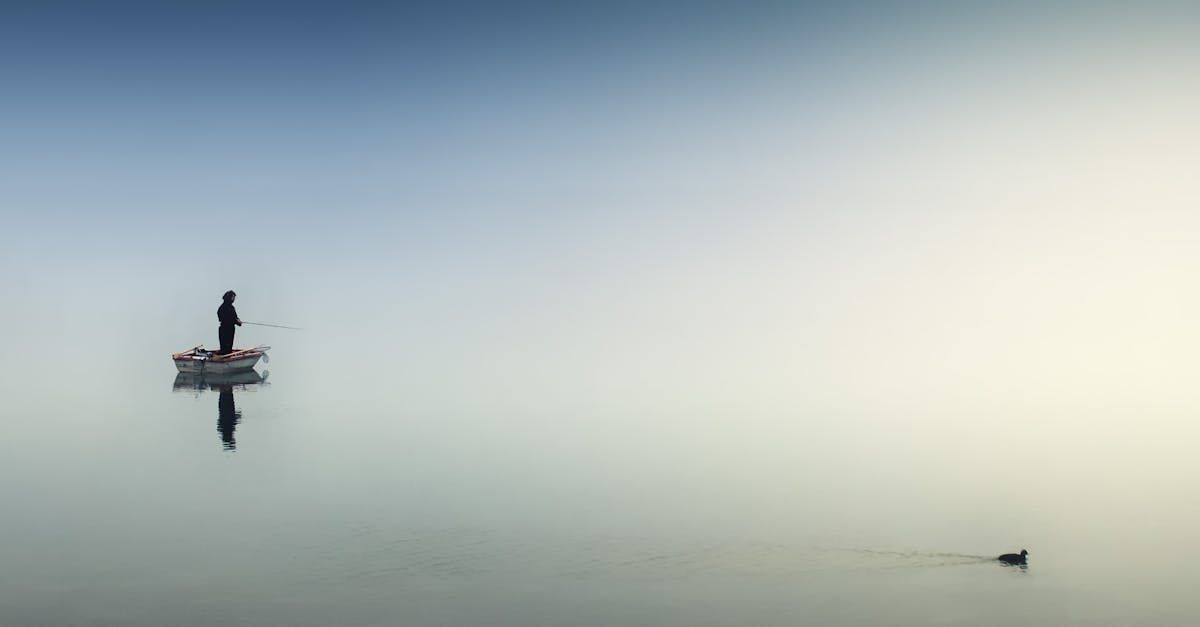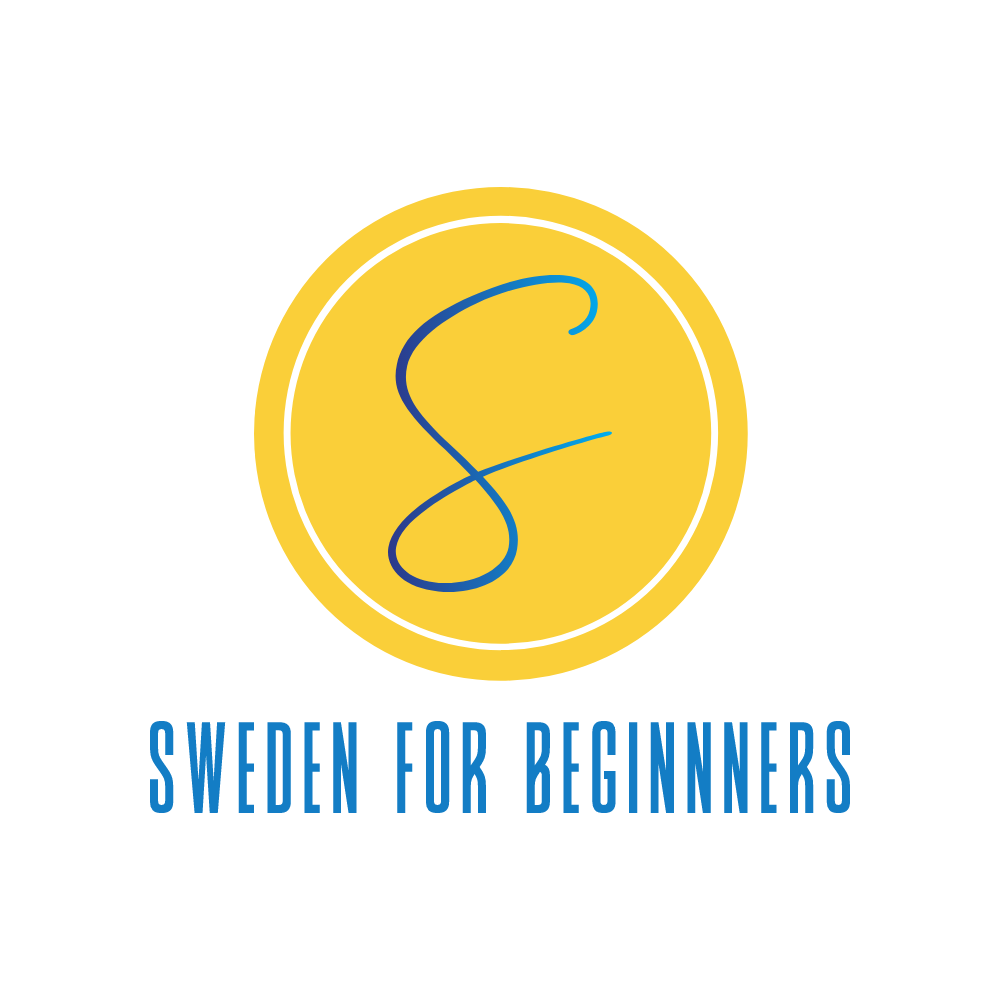The tourist and the fisherman: A tale of two worlds
"And then?"

The first time I heard this story, it was about a Greek fisherman and a German businessman.
Afterwards I heard many versions, so it's hard to say which is the original story. Perhaps the one by Heinrich Böll published in 1963 and translated as "Anecdote Concerning the Lowering of Productivity" (or Anecdote on Lowering the Work Ethic” (Wikipedia).
Here is Böll's story:
***
In a port on the western coast of Europe, a man wearing shabby clothes lies in his fishing boat and dozes in the sunshine. A smartly dressed tourist takes pictures of the idyllic scene. The tourist is concerned about the welfare of the man in shabby clothes.
Tourist: “You won’t put to sea today? Do you not feel well?”
Fisherman: “I feel splendid. I’ve never felt better.”
Tourist: “But why, then, do you not put to sea?”
Fisherman: “Because I already put to sea this morning.”
Tourist: “Did you make a good catch?”
Fisherman: “My catch was so good that I need not put to sea for a second time. I had four lobsters in my baskets and caught nearly two dozen mackerel. I even have enough for tomorrow and the day after.”
Tourist: “I do not want to meddle in your personal affairs, but just imagine you put to sea today for a second, a third, or perhaps even a fourth time—and you catch three, four, five, maybe even ten dozen mackerel. Just imagine that!”
Fisherman: “And then?”
Tourist: “You put to sea not only today but tomorrow and the day after tomorrow, indeed, on every favorable day two, three, or perhaps four times.”
Fisherman: “And then?”
Tourist: “In one year at the latest you would be able to buy a motor, in two years a second boat, in three or four years you may have a small trawler—with two boats or the trawler you would catch a lot more. One day, you would have two trawlers.”
Fisherman: “And then?”
Tourist: “You would build a small cold store, perhaps a smoke-house, soon afterwards a marinating factory, fly around with your own helicopter, making out the shoals of fish and giving orders to your trawlers.”
Fisherman: “And then?”
Tourist: “You could buy the fishing rights for salmon, open a fish restaurant, export lobster directly to Paris without a middleman, and then…”
Fisherman: “And then?”
Tourist: “Then you may relax here in the harbor with your mind set at ease, doze in the sunshine, and look out on the magnificent sea.”
Fisherman: “But, that is what I am doing now. I relax here in the harbor with my mind set at ease, doze in the sunshine, and look out on the magnificent sea.”
The tourist became thoughtful and went away, for he used to think he worked in order that, one day, he need not work any more—and there remained in him not a trace of pity for the fisherman in shabby clothes, only a little envy.
***
This story, whether set in Greece, Croatia, or any other coastal region, highlights the contrasting approaches to life and work between the North and the South.
In the North, there is often a focus on productivity, efficiency, and long-term planning. The mentality is shaped by a climate that demands preparation and resilience. Work is seen as a means to an end, with the end being a secure and comfortable future.
In the South, life tends to be more relaxed and centered around the present. The warmer climate and abundant natural resources allow for a lifestyle that prioritizes enjoyment and community. Work is integrated into daily life, but it doesn’t dominate it. The emphasis is on balance and savoring the moment.
These cultural differences are not just about geography but also about historical and social development. Northern regions, with their harsher climates, developed a culture of hard work and foresight. Southern regions, blessed with milder weather, fostered a culture of leisure and immediate gratification.
Every morning during my stay on the Croatian coast, I found myself drawn to the sight of a fisherman. He would set out early, his small boat bobbing gently on the waves, and return with his catch just as the sun began to warm the shore.
Watching the fisherman each morning, I couldn’t help but reflect on these differences. His contentment with his simple routine was a stark contrast to the hustle and bustle of city life that many of us are accustomed to. It made me question the true meaning of success and happiness.
The story of the tourist and the fisherman is a gentle reminder that there is no one-size-fits-all approach to life. It encourages us to find our own balance between ambition and contentment, work and leisure. Whether we are from the North or the South, the key is to understand what truly brings us joy and fulfillment.
(This version of the story is paraphrased and lightly edited from Hansjörg Bittner’s translation of “Anekdote zur Senkung der Arbeitsmoral” by Heinrich Böll; from the And then? Short Story of the Tourist and the Fisherman | Sloww)



